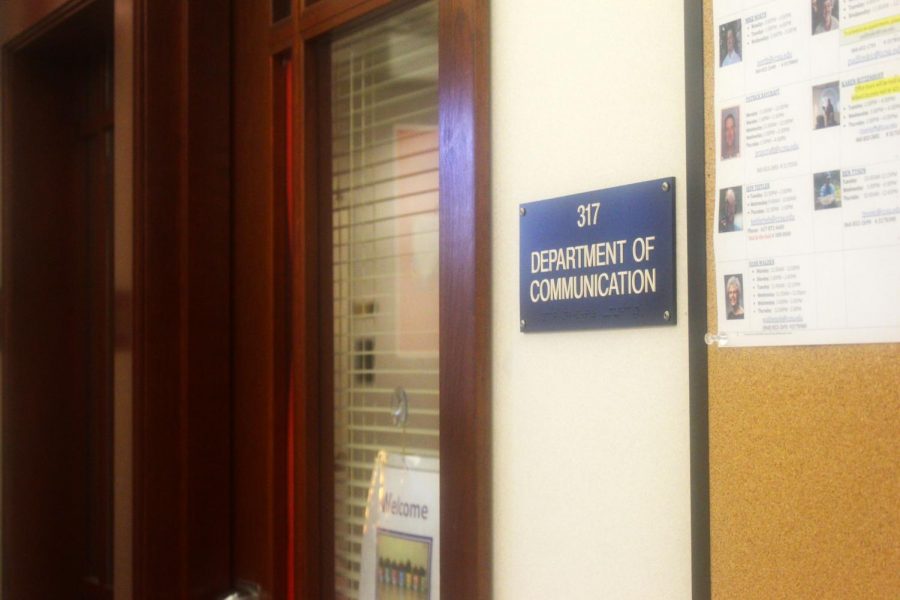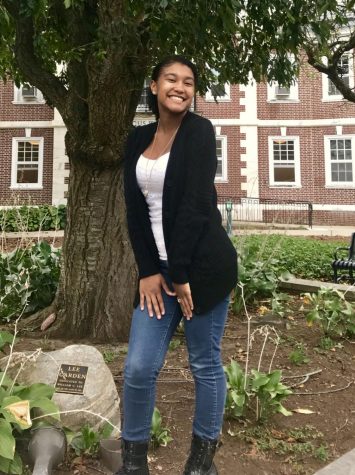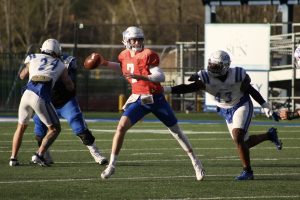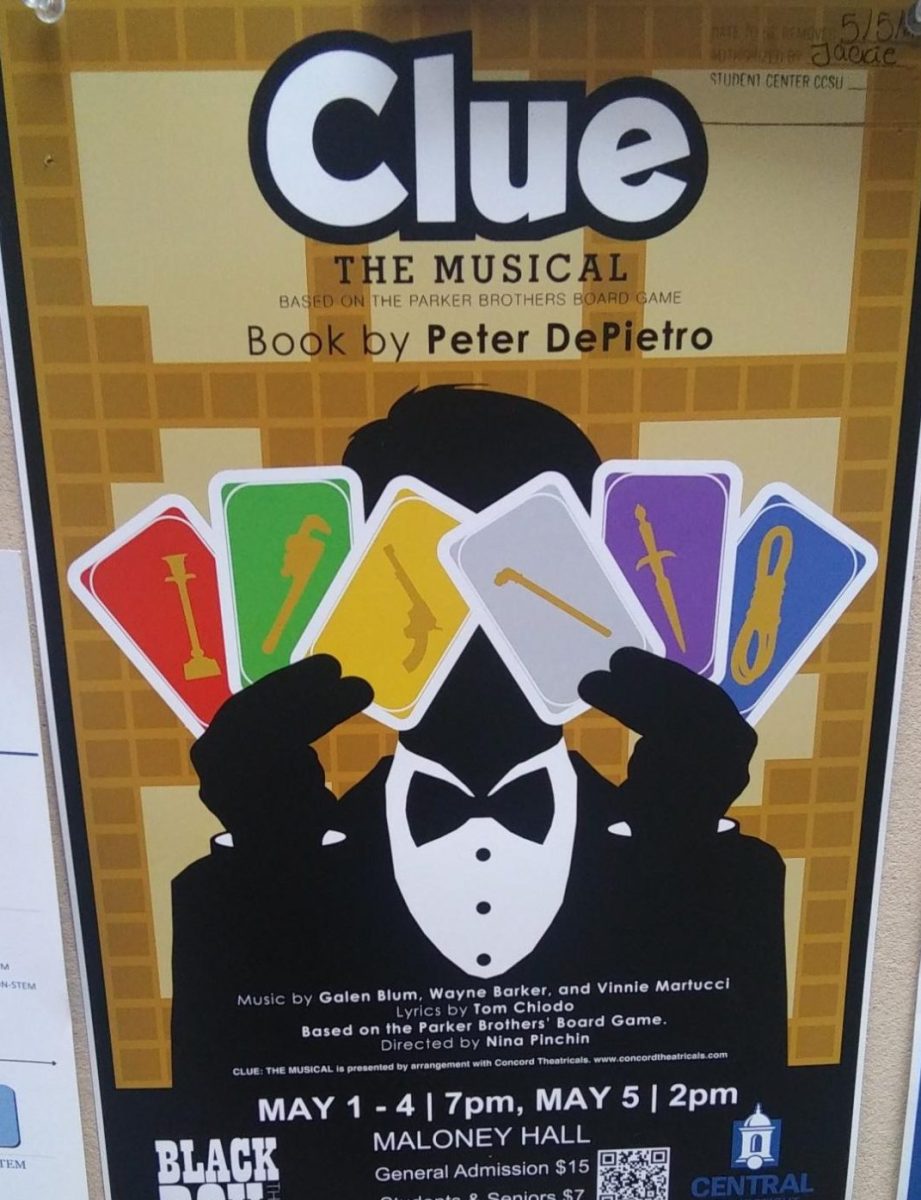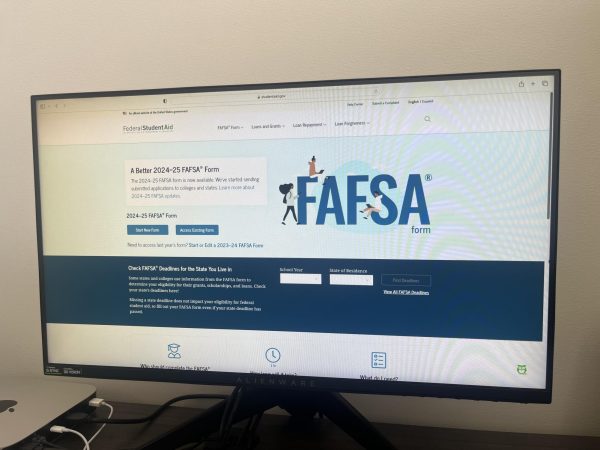Longtime Tension Rises To The Surface Within Communication Department
Within the Communication Department, there are different views on how the department should function.
October 29, 2019
Documents released on Oct. 11 by Central Connecticut President Dr. Zulma Toro reveal there is longtime, underlying tension between faculty and staff within the Communication Department, regarding teaching methods.
The documents included two individual cases in which two communication professors were accused of violating CCSU’s Nondiscrimination in Education and Employment and BOR/CSCU Sexual Misconduct policies, showed no findings.
Within the FOI documents, an anonymous letter made several claims against the Communication Department, specifically in regards to teaching methods among professors.
The letter claimed that three professors — Robert Kagan, Karen A. Ritzenhoff and Yonty Friesam — were forced to stop teaching courses within the department “because three bullies in the department controlled what people could and could not teach.”
Friesam, who is now an assistant communication professor at Columbia College Chicago, shared that during his time at CCSU, he taught video production courses to students. Although he was on tenure track, Friesam only worked on campus for five semesters until the Fall 2017 semester.
Friesem declined to comment in regards to his leave, saying that despite what the anonymous letter claims, no one contacted him, to his knowledge, until his interview with The Recorder.
“While my name is mentioned in the report that was issued, I was never approached or interviewed about it,” Friesam stated.
Kagan, adjunct professor for the Communication Department, taught a video production course at CCSU since 1991, but now teaches a similar course under the Graphic/Information Design Department; this change came in Fall 2018.
Although he continues to teach an introduction course within the Communication Department, Kagan was never told as to why his original video production course was discontinued or why he was moved to a different department to teach a new variation of this course.
“I was never given a reason for a switch, an anonymous letter that makes up the last page of the Teitler complaint that circulated, offers a hypothesis,” Kagan stated. “Very often organizations decide to go in different directions and I assume I was not an individual who would be wanted in that direction,” citing that one of the different directions could be teaching methods.
Though he said he has never himself witnessed Professor Jeffrey Teitler’s teaching methods himself, Kagan claims he has had a number of students confide in him on their negative experiences with Teitler — many of these events described similarly to the experiences in the complaint made against him.
“I’ve had students in my video production classes who have taken Professor Teitler’s classes and some of them have had very positive experiences, others have had different experiences,” Kagan added. “I have had numerous students tell me they felt bullied, that they felt they were excessively texted during weekends and off-class hours to make sure they are working on their project.”
“I have had numerous students describe to me an atmosphere that is consistent with the complaint voiced,” Kagan continued. “I have many tell me they have cried in that class or witness other students cry in their class after receiving feedback from Professor Teitler.”
In the FOI documents, Teitler admitted that his teaching style is not for everyone, describing himself as a “tough and meticulous instructor,” but he stands by his methods as he believes it will challenge students.
Robert Wolff, Dean of the Carol A. Ammon College of Liberal Arts and Sciences, acknowledged in an interview that teaching styles vary among professors, but said that students should leave with positive, academic experiences.
“In general, faculty members approach teaching in different ways. In most cases—probably not all—that’s okay, students benefit from different approaches, styles, as long as the focus is on student learning,” Wolff stated. “Students should expect that they are the focus of the faculty member’s efforts and they should be allowed to learn in an environment that is respectful and supportive.”
“It’s our job to try and help people through their education. So if students feel they’re not getting the kind of education they should be then they need to reach out,” Wolff said.
Documents also showed Teitler permitted a university assistant to teach his courses throughout the semester, thus violating the university’s union contract. The UA, who had some experience in the field, allegedly had similar responsibilities of an adjunct professor but did not obtain the qualifications nor was paid the required amount by the union for said work.
The reports indicate the claim was further investigated by Wolff but the investigation closed “due to lack of any substantiating information.” No further action was taken.
Teitler declined to comment and reiterated his original statement to the media which stated, “The complaint released was fully investigated and was closed without findings. That conclusion is supported by the facts and my teaching performance, which has been consistently evaluated to meet and/or exceed all expectations.”
Dr. Toro and Wolff shared that they are working to ensure the university is doing all that they can to create an environment healthy for the campus.
“I am confident that the president, provost and I will do everything in our power so all students are always treated with respect and that faculty focus on their education,” Wolff said.
Dr. Toro also emphasized similar points as Wolff, focusing on ways to ensure a positive learning environment, stating she is “determined to become a model in higher education where students feel welcomed, included and appreciated.”
“At the same time, we are committed to provide that environment to our faculty and staff. If the faculty feel appreciated and welcomed they will be able to transmit that to the students and work better with them,” Dr. Toro added.
Although Wolff and Dr. Toro insist that any form of bullying or threats of retaliation from faculty or students is prohibited, these promises don’t mean something to every member of the CCSU community.
After the public release of the documents, CCSU’s chapter of American Association of University Professors criticized Dr. Toro’s actions, calling her actions a form of “public shaming.” Although the union said they applaud Dr. Toro’s efforts for transparency, they found the release to be troubling.
“This was more than just complying with a Freedom of Information Act request. We believe it was an attempt to threaten and intimidate faculty members,” the union stated.
By making the documents public, the union believes it will keep “vulnerable faculty,” such as those who are untenured or part time, refrain from bringing forth information in fear that it may become public or being identified despite efforts to redact information.
“Rather than making people feel empowered to come forward to share their complaints and concerns,’ the President’s release of reports violated the privacy of witnesses and it most likely will make faculty, and even students, more reluctant to reveal anything about their experiences,” the union emphasized.
However in a public statement, Dr. Toro said “we did not choose what materials we released or what names and information were redacted. We followed the law. We also followed our consistent practice for sharing information with you that we believe the media are about to publicize.”
“Up until this point, it has been my intent and practice to work with the union leadership in an open, productive way. I am resolute in continuing our collaboration in supporting our outstanding faculty,” Dr. Toro stated further. “After all, we need one another as we continue to effect the change that ensures our campus community has access to a safe, welcoming, and inclusive learning environment.”
CCSU-AAUP stated they will continue to strive to “ensure that the truth is the basis for all faculty discipline, and also to reverse the climate of distrust and fear that this recent action may have unintentionally promoted, so that we can be the family we actually want to be.”
